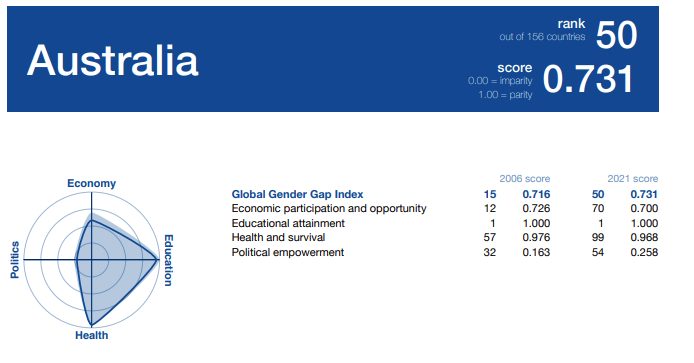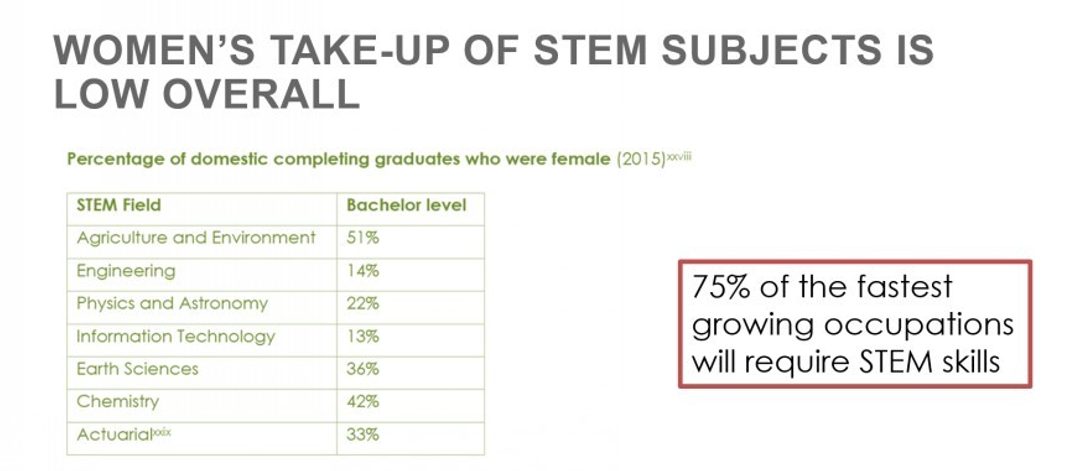
YAP VIC | Women in Business Seminar: Diversity. What can we do to help?
The Young Actuaries Program Victoria (YAP VIC) recently held its very first in-person event for 2022 in Melbourne.
Speaking at event was Nicolette Rubinsztein, former President of the Actuaries Institute in 2019. Nicolette shared personal experiences with diversity and shared some lifelong insights on how actuaries can help promote diversity and create an inclusive working culture.
Nicolette is currently a non-executive director at UniSuper, Zurich and CBHS Health Fund. Previously Nicolette has previously held senior positions within the wealth management industry including position in strategy, product and marketing at companies like CBA/Colonial First State, BT Funds Management, and Towers Perrin.
In 2016, Nicolette published book titled “Not Guilty” which featured seven strategies to help successful women have a fulfilling career whilst being a passionate parent.
At the beginning of the session, Nicolette shared personal stories in how she overcame diversity – particularly within her studying years at the University of Cape Town where Nicolette was one of five female students in a cohort of 60.
From her graduate position, Nicolette began her career in a male dominated local insurance company where there were only three women in the actuarial department before moving to Towers Perrin (now Willis Towers Watson) in Australia as a superannuation consultant. In the 1990s, flexible working arrangements were not common and although Tower Perrin were supportive of flexible working arrangements, there were apparent concerns in productivity as part-time employees were not 100% contactable.
After a few years in the product management sector at BT Funds Management, Nicolette joined Colonial First State as a General Manager in Strategy. During this time, Nicolette worked flexibly on a part-time basis as she cared for her three wonderful children. Nicolette was grateful for the supportive management team and policies, as a part-time General Manager was almost unheard of at this point in time.
Roughly 7 years ago, Nicolette branched out to start a career as company directors and gradually over time, built a portfolio. Nicolette described her vast and broad career as the “opposite of discrimination” with many societal tailwinds and supports from board sponsors in which many were men.
Nicolette then shared a few statistics from the World Economic Forum Gender Equality Analysis to help the audience better understand issues regarding gender equality and diversity in Australia.
In 2006, Australia ranked 15th out of 156 countries on the Global Gender Gap Index, and in 2021, Australia is now ranked 50th. While women are ranked first in educational attainment, the support is not equally as strong for other dimensions of the index including economic participation and opportunity, health and survival and political empowerment.
Other key issues from the World Economic Forum Gender Equality Analysis include:
- The Australian gender pay gap is still 14.1% as at May 2022 (ABS, 2022).
- The composition of the gender pay gap shows occupation and industry segregation to be a big problem (KPMG analysis, 2016 report).
- While there are some promising signs of improvement at a board level – with 33.6% female representation in ASX 300 board – at executive level, there has been no improvement from 2021, with only 4 in 28 CEO appointments were women (CEW census data, 2022).
- Currently 75% of the fastest-growing occupations will require STEM skills, yet women’s take-up of STEM subjects is low overall. For example, out of the domestic graduates who completed an actuarial bachelor’s degree, around 33% of graduates were female however STEM subjects uptake were low – particularly in subjects like Engineering (14%) and Information Technology (13%).


What could be the root cause of the issue? Nicolette shared some of her observations:
Bias
In a case study outlined by Catherine Fox in her book “Stop Fixing Women”, there are two core findings that relate to how management team being very male skewed despite an equal intake of male and female at graduate positions:
1) inadequate support of women coming back to work after having children
2) inequitable allocation of work – men often get larger scope, more serious assignments while women tend to receive softer, people coordination and management tasks. This tends to put men a better position for promotion at work.
Culture
Different cultures and countries have different trends in areas of academic performance.
For example, research shows Australian girls have been underperforming in NAPLAN maths compared to boys, while other countries such as Singapore and Malaysia show more equal results.
Overall it could relate to different parenting style and general expectations of pathways to take for boys and girls.
Confidence
Nicolette mentioned that in her opinion, women are less confident than men, especially during mid-20s to 30s. That’s why Nicolette encourages women to be aware of the phenomenon and actively putt their hands up for tasks they used to consider as “challenging” to improve their confidence.
Lastly, Nicolette encouraged men to better promote gender diversity by sharing some actionable items that men can actively take to better promote gender diversity:
- Taking paternity leave
- Exploring flexible working
- Supporting your employees / colleagues
- Assisting equally at home
- Getting help at home
- Parenting
- Recognising the benefits of gender diversity for men
It was our pleasure to have Nicolette sharing her journey from a diversity lens, as well as some inspiring observations and advice to better promote gender diversity.
For upcoming YAP VIC events, please follow the Actuaries Institute Event Calendar and Bulletin where we post upcoming sessions and networking events.
CPD: Actuaries Institute Members can claim two CPD points for every hour of reading articles on Actuaries Digital.






